Interviewing for language teaching jobs as an early career teacher
By Jono Ryan
This month a two-part article in Modern English Teacher presents two perspectives on the job interview process, with Steve Tulk providing advice for applicants and Mary-Ellen Wright providing advice for recruiters. I had the opportunity to discuss ideas with Steve and this got me thinking about what I would want to tell early career teacher. I spent six years as an academic manager and interviewed scores of applicants, many of them going for their first or second ELT job. In this post, I discuss the two-part question that I found the most telling: What are your strengths as a teacher? And what are your weaknesses?
When I would ask these two questions, I was trying to gauge several aspects of the applicant’s professional awareness. Firstly, if they identified a strength, then how did they come to develop it? They might have developed a passion for teaching writing and then worked ever harder at creating new ways of doing it. Perhaps they brought skills from another pursuit, such as the teacher who was an artist, the one who loved drama techniques, or the one who trained in speech language therapy. Either way, it works. It works very well. But what doesn't work are answers that appeal to some innate quality, such as ‘patience’ or ‘empathy’. It’s okay if you can tie it into a story of personal growth (“I learnt the value of being patient when I worked with … and now it's one of my core values because …”) but otherwise it just sounds . . . kind of lazy. “I haven’t bothered to learn any teaching skills, but hey, there’s still my personality.” We’ll come back to the problem of empathy shortly.
The second thing I'd be trying to establish with my question is whether the interviewee gets language teaching. At its most fundamental, language teaching is about two things. The first is language. So, when an inexperienced teacher told me that their strength was knowledge about phonology or grammar, I thought ‘Great’. That knowledge helps when teaching pronunciation and linguistic structures. On the other hand, if the same teacher had said to me that their weakness was teaching pronunciation, my reaction was much the same: ‘Great.’ Paradoxical? Not really. Although they might struggle now, they’re showing me they are self-reflective, understand this element of the job, and that they have a desire to learn. If they get the job, I'll make sure they get the support they need.
The other fundamental part of teaching is action. It’s about what teachers do and what they prompt students to do. This covers everything from lesson preparation, error correction, marking homework, setting up tasks, managing students, and so on and so on. There are a vast range of micro-skills that teachers can work on. That’s what makes it so alarming when a job applicant nominates as their key strength some vague and difficult-to-quantify personality factor. Most often, they cite ‘Empathy’. Now don't get me wrong, empathy is crucial, but it's also an extremely obvious answer and extremely easy to claim. It’s a waste of an opportunity and could imply that you haven’t put in the time to develop core teaching skills and language knowledge. How about, rather than claiming to be empathetic, you demonstrate your empathy in the way you relate to others on the day of the interview. Save your responses to highlighting your tangible knowledge and skills.
